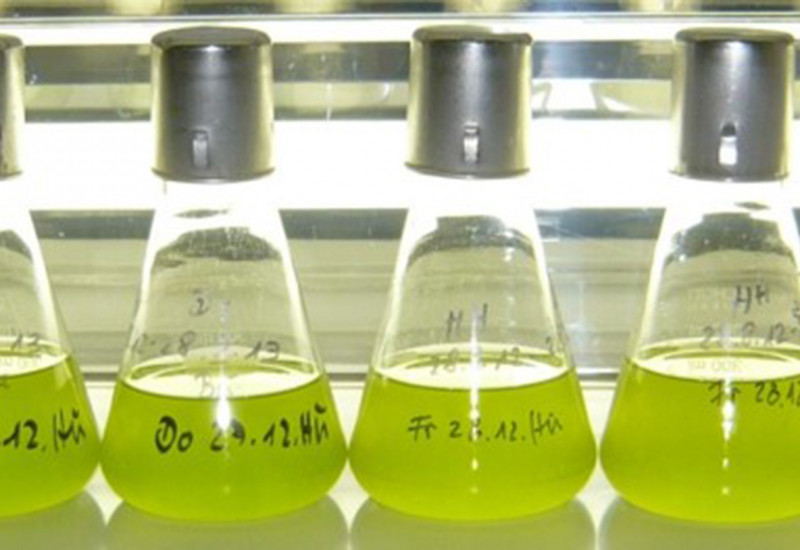On 10th and 11th of October 2017, the German Ministry for the Environment and UBA will host a Scientific Stakeholder Meeting on Nanomaterials in the Environment at the headquarters of UBA in Dessau-Roßlau, Germany. read more

 Umweltbundesamt
Umweltbundesamt


On 10th and 11th of October 2017, the German Ministry for the Environment and UBA will host a Scientific Stakeholder Meeting on Nanomaterials in the Environment at the headquarters of UBA in Dessau-Roßlau, Germany. read more

The ISC3 is located in the UN-city of Bonn and will be the driving force enabling emerging economies and developing countries to achieve the UN Sustainable Development Goals. read more

The German Environment Agency wants better protection of drinking water against "mobile" contaminants, chemicals which have entered the water cycle because they do not bind to solids such as sand or activated carbon. read more

The EU might introduce an authorization scheme for imported goods such as clothing, sports gear and toys in the REACH Regulation, to aim at a better protection of humans and the environment against Substances of Very High Concern in articles. An UBA study claims that the necessary amendment of the EU chemicals regulation REACH would not breach international trade law. read more

The condition of Germany's rivers continues to improve. The Rhine and many other rivers have many more fish species than 30 years ago. Salmon – once virtually wiped out – are once again at home in German waters. Some stretches of the Danube have “good” to “very good” ecological status, rating best among all Germany’s rivers. There is still a need for action along the Weser and Ems rivers. read more

The German higher federal authorities responsible for human and environmental safety reviewed the joint research strategy "Nanotechnology - Risks related to Nanomaterials for Humans and the Environment ". read more

Antibiotics used in livestock breeding and in human medicine can find their way into groundwater says a recent study by the German Environment Agency (UBA). Maria Krautzberger, President of UBA, commented: "Groundwater must stay clean. This is the reason why the German Environment Agency has issued a recommendation for a threshold for antibiotics in groundwater." read more

Until now, with few exceptions, there are no specific provisions for nanomaterials within the substance legislations. As a result, specific environmental risks cannot be described and assessed adequately. Therefore, the main aim of this paper is to outline the necessary further development of chemi¬cals regulations for nanomaterials with regard to the environment from UBA´s perspective. read more